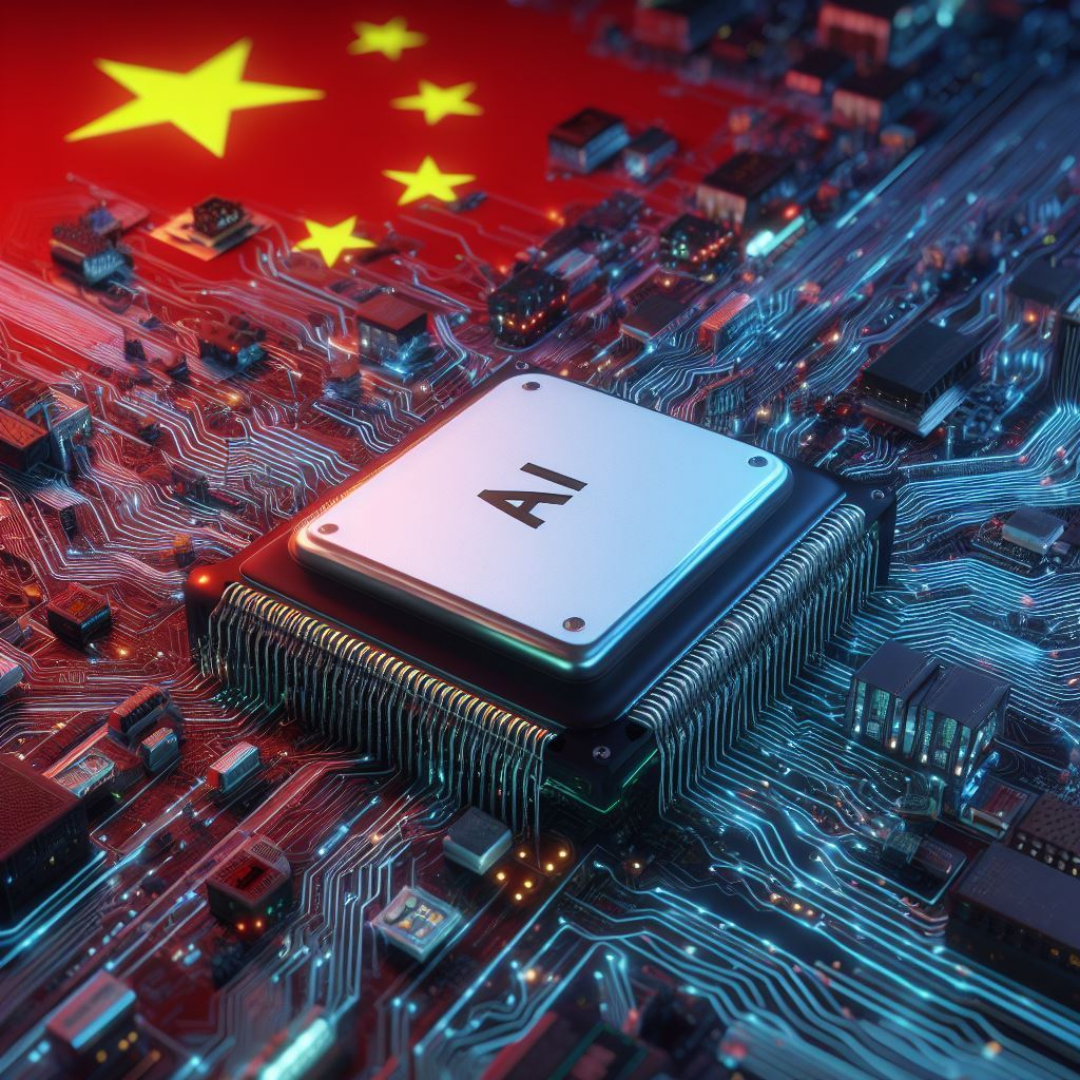The Biden administration has stated that these export restrictions are designed to prevent the strengthening of China’s military capabilities through U.S. chips and equipment.

The United States government is set to implement stricter AI chip export restrictions to China in an effort to close loopholes and prevent Chinese companies from bypassing existing restrictions.
The forthcoming rules will obstruct certain AI chips that narrowly evade current technical specifications, while simultaneously mandating companies to report shipments of others, according to an anonymous official.
These new regulations will augment the comprehensive limitations already in place since October of the previous year. Although timelines for the updates are often subject to change, sources suggest they are anticipated this week.
The U.S. Department of Commerce, responsible for export controls, declined to comment.
This renewed crackdown on tech exports to China coincides with ongoing U.S. efforts to improve diplomatic relations with the world’s largest economies. Despite recent high-level meetings between senior members of both administrations, these new rules may complicate the diplomatic endeavors.
The Biden administration has stated that these export restrictions are designed to prevent the strengthening of China’s military capabilities through U.S. chips and equipment. In response, Beijing has accused the U.S. of exploiting export controls to suppress Chinese companies, marking a significant shift in U.S.-China tech policy.
The Chinese embassy in Washington has not yet provided a comment on the matter.
Last year, government restrictions prevented Nvidia, the world’s most valuable chipmaker, from delivering two of its most advanced AI chips to Chinese customers.
These chips, which had become the industry standard for developing chatbots and other AI systems, were replaced by less sophisticated variants tailored for the Chinese market. One such variant, the H800, boasted comparable computing power to Nvidia’s blocked H100 chip under specific settings, as per a seen specification sheet.
The U.S. is now set to introduce new guidelines specifically targeting advanced datacenter AI chips that currently fall outside existing restrictions.
Although the official did not specify which additional chips would be impacted, sources have indicated that Nvidia’s H800 could be among them.
Nvidia, based in Santa Clara, California, has yet to comment on the matter. In June, the company’s CFO stated that restrictions on the H800 and a related chip called the A800 were not anticipated to have an immediate material impact on their financial results.
The official clarified that consumer-oriented chips, such as those for laptops, will be exempt from the new restrictions. However, companies will be required to notify the Commerce Department when fulfilling orders for the most powerful consumer chips, ensuring they are not repurposed in ways that jeopardize national security.
To prevent the export of AI chips deemed too potent to China, the U.S. intends to eliminate one of the parameters, the “bandwidth parameter,” previously used to restrict exports of specific AI data center chips. This adjustment would likely reduce the speed at which AI chips communicate with one another.
The U.S. also plans to introduce a “performance density” parameter to forestall future workarounds, though specific details were not provided.
Additionally, the updated rules aim to accommodate evolving AI chip technology. Companies will be obliged to inform the government about semiconductors whose performance falls just below the guidelines prior to shipment to China. On a case-by-case basis, the government will determine whether they pose a national security risk, allowing them to be shipped unless otherwise instructed.
These updates may also close a loophole that currently grants Chinese companies access to American AI chips via Chinese units located overseas.
Notably, the rules are not expected to include restrictions on access to U.S. cloud computing services, or those of U.S. allies. However, the U.S. will seek comments on the potential risks associated with such access and how they might be mitigated.
Earlier this month, the Biden administration informed Beijing of its plans to revise these contentious rules as part of a broader policy aimed at stabilizing relations between the two superpowers.